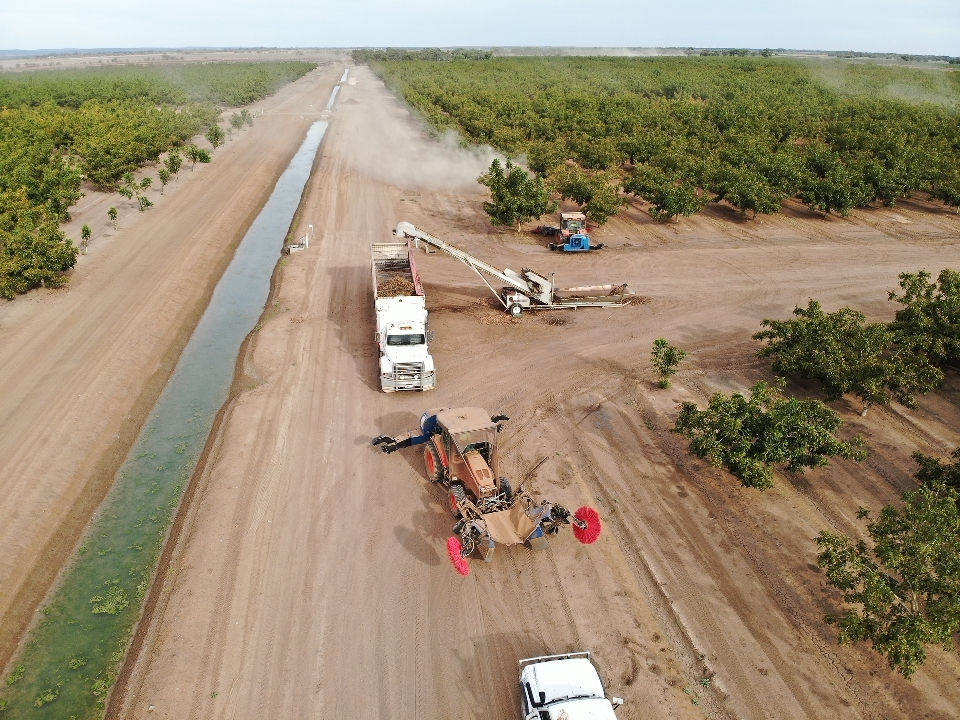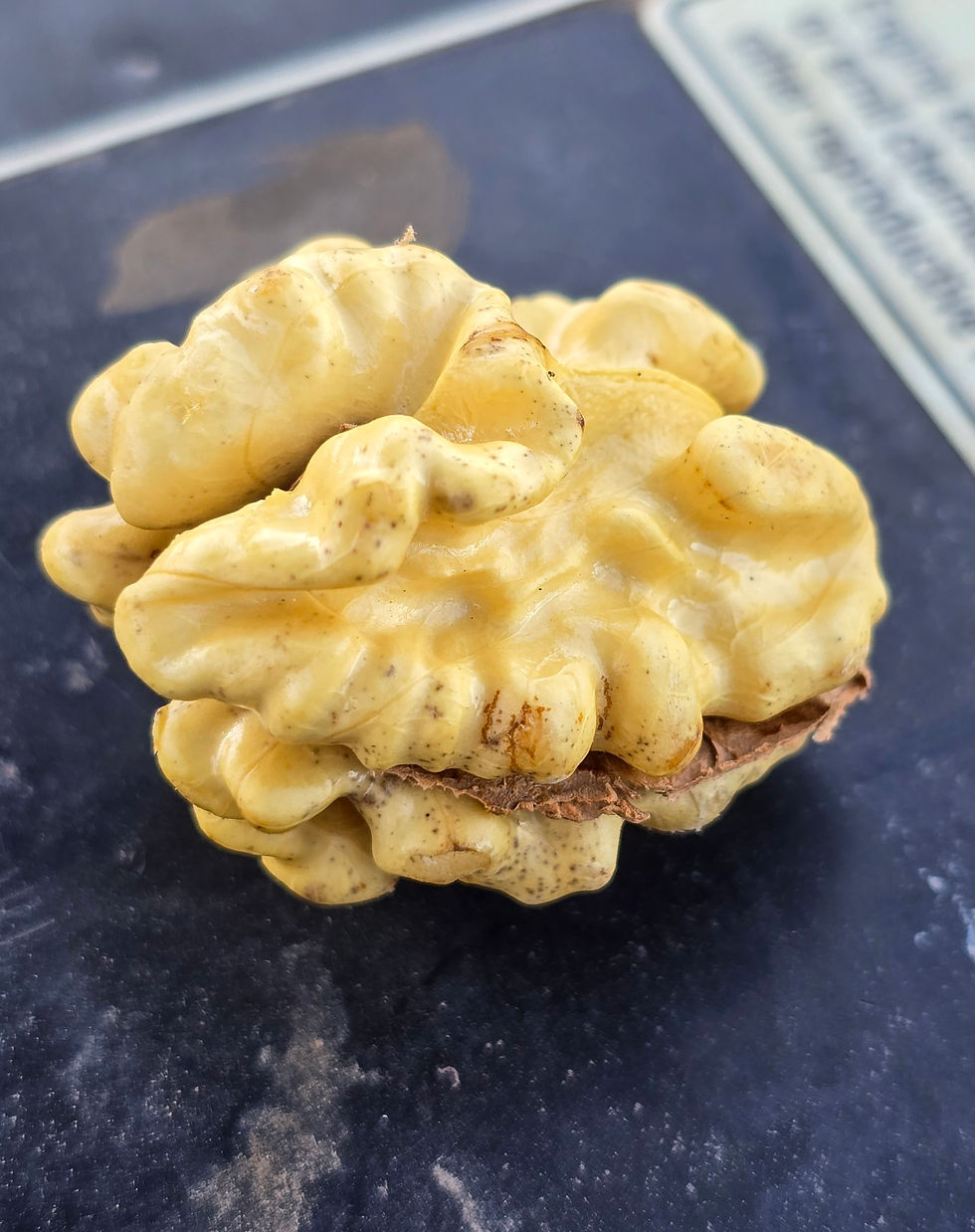"I expect Phytech to become the primary tool for determining irrigation", Peter Herrmann, Founder, Duxton nuts Testimonial
- Phytech Team

- Jul 20
- 2 min read
Updated: Jul 21
Peter (Pete) and Katherine Herrmann founded Good Shepherd Walnuts in 2015, which became Duxton Nuts in 2020 - now the second-largest walnut grower in Australia.
Located in the Riverina region of New South Wales, the business currently manages 572 planted hectares across Murrami and Yanco, using surface capillary (flood) irrigation.
In a recent conversation with Heino Malan, our Riverina & Mallee Territory Manager, Peter discussed the role of Phytech in irrigation planning.
Read the full testimonial below.

All hands on deck during harvest
1. What challenges were you facing in your irrigation or crop management before using Phytech?
To validate our innovative surface capillary irrigation, we required tools to reflect water use and tree health. Testing with water bombs was not always convenient.
The ‘shovel test’ is quite subjective. While we had anecdotal evidence of tree health / hydration we didn’t have objective measurement.
When other investors came to our business the need was apparent for a data driven model in a presentable format.

2. How has Phytech changed the way you make decisions on the farm?
Phytech is a decision-making support tool. When regularly used, the display can correlate with our lived experience of tending our groves.
In time, Phytech may become the primary tool for determining irrigation, particularly as day-to-day farm management decisions transition away from us as the founders.

3. Can you share a specific example where Phytech helped you achieve better outcomes—such as yield, water savings, or labor efficiency?
As our groves approached commercial yields the water requirements as recorded by Phytech accelerated noticeably.
That steep uplift in irrigation cycles needed to be applied certainly would not have been as apparent without Phytech.
Timely irrigation is obviously good for the trees, support quality and volume of yield.
4. What features or aspects of the system do you find most valuable?
Growth rate and soil moisture sensing capability in Phytech combines to provide a useful corroboration of where trees are at regarding hydration. Overlay this with weather forecasts and we can more accurately assess the priority of irrigation scheduling as it works in with the rest of our program.
5. In what ways has Phytech influenced how you and your team collaborate or communicate about irrigation or crop management?
Irrigation decision making has been kept among the founding management. A transition will take place in coming seasons and Phytech will play an important role in supporting the team in moving irrigation management into less experienced hands.





Comments